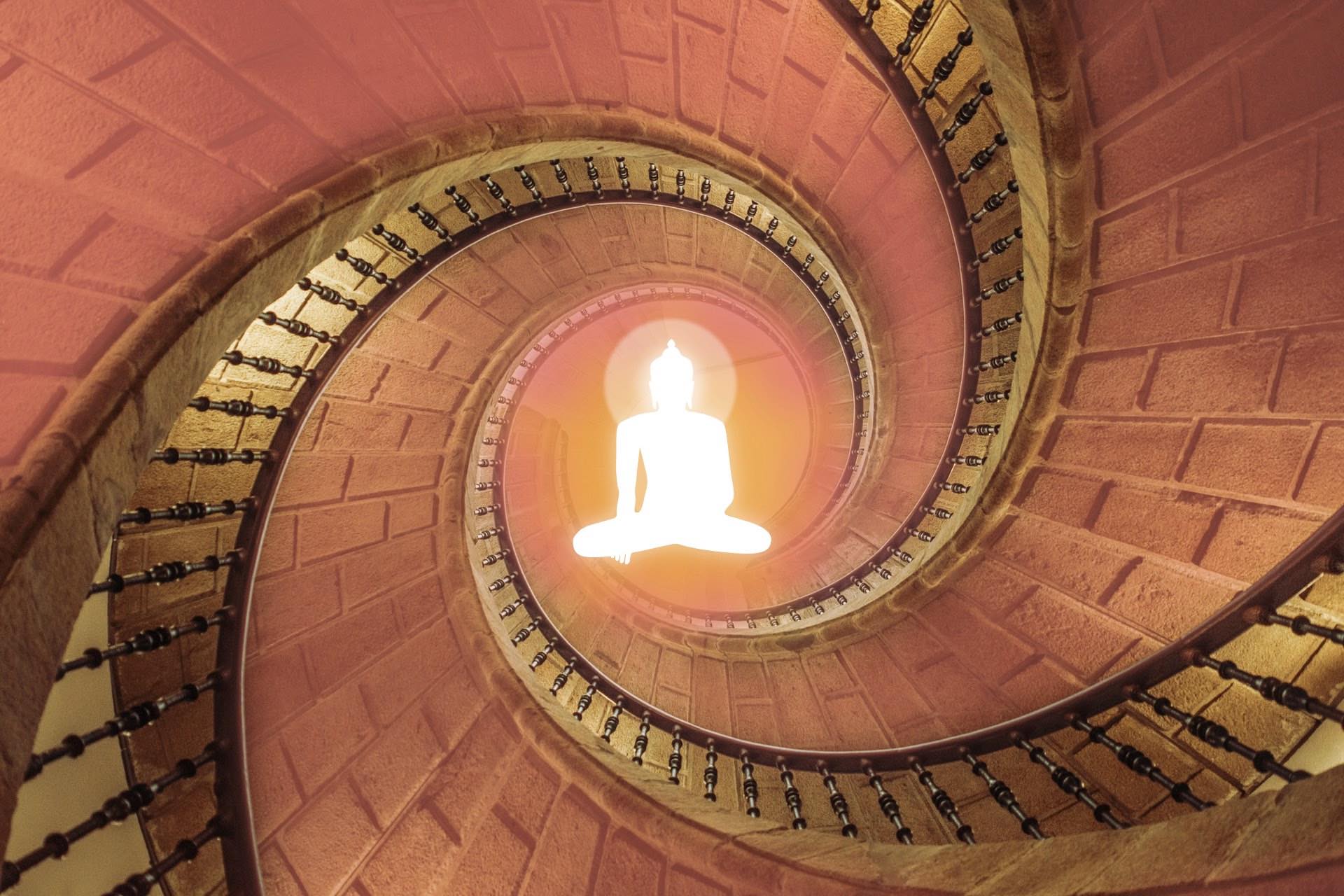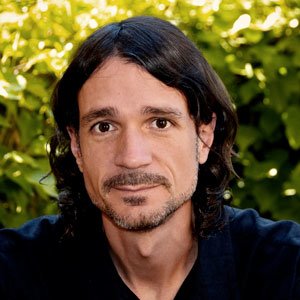
Teachers
-
 Marina Brucet
Marina BrucetMarina Brucet holds a BA and a MA in Biochemistry and a PhD in Molecular Biology in Immunology from the University of Barcelona, where she also performed postdoctoral studies. After this, she decided to change research in the laboratory for research of the mind and its possibilities. To this aim, she completed a six-year full-time study program Masters Program of Advanced Buddhist Studies of Sutra and Tantra at Lama Tzong Khapa Institute, Italy. She studied with great Tibetan lamas such as His Holiness the Dalai Lama, Lama Zopa Rinpoche, Lama Jampa Monlam and Khensur Jampa Tegchok, amongst others, and has completed a one-year individual meditation retreat, among others. Presently, she combines continual development and meditation retreats with teaching meditation and Buddhist philosophy, at both general and specialized levels, with an approach that always takes into account the context and circumstances of Western life. She mainly teaches at Tushita Meditation Center Spain and other FPMT centers, and collaborates with SEE Learning (Emory University) in Spain.
-
 Hans Burghardt
Hans BurghardtHans Burghardt holds a BA and a MA in Biochemistry and Molecular Biology and a PhD from the University of Barcelona, where he spent seven years doing research. Since 2002, he meditates and is a student of great Buddhist masters including His Holiness the Dalai Lama, Kyabje Lama Zopa Rinpoche, Kirti Tsenshab Rinpoche, Lama Jampa Monlam, Khensur Jampa Tegchok amongst others. He has completed the Masters Program of Advanced Buddhist Studies of Sutra and Tantra at Istituto Lama Tzong Khapa (Italy) and has completed a one-year individual meditation retreat. He currently teaches meditation and Buddhism at Tushita Meditation Center Spain and other FPMT centers, and is co-founder and coordinator of the Initiative for an Emotional, Ethical, and Social Education, that promotes the establishment of Emory University’s SEE Learning in Spain.
Buddhist Mind Science – Activating Your Potential
Discover the workings of the mind and the mechanisms of suffering and happiness. Unlock your potential for mental balance, compassion and wisdom.
![]() An FPMT Introductory Course
An FPMT Introductory Course
Welcome to this journey to unlock our potential and cultivate lasting happiness. Buddhism it is considered by some a “science of mind,” because it presents a comprehensive and deep description of the mind, it studies its various aspects and functions, and it provides methods to observe it directly and to discover and activate our inner potential. And it does so with one intention: to overcome suffering and its causes and to cultivate true, lasting happiness.
As interest in meditation in the modern world grows, the FPMT Wisdom Culture offers the course “Buddhist Mind Science: Activating Your Potential,” which introduces the Buddhist knowledge of the mind to provide practical techniques and insight on meditation, the mechanisms of suffering and happiness, finding purpose and mental balance, and how to discover and activate our inner potential for warmheartedness and wisdom, including a comparative modern scientific perspective and with the aim to contribute to the welfare in this world.
The Course
The course follows a gradual approach, with a strong experiential component that invites everyone to reflect and check by themselves the different topics presented along the modules. With a strong emphasis on transforming daily life in meaningful ways, it provides both Buddhist and scientific perspectives. It consists of seven modules that can be done as independent courses:
- Cultivating lasting happiness: What Buddhism and science have to say about it, is an exploration of purpose in life and what leads to dissatisfaction and suffering, and what to happiness, for oneself and others. It also explores the value of warmheartedness and wisdom, and it lays out the general foundation for the following modules.
- Transforming the mind to cultivate lasting happiness, focuses on meditation, mental balance, and emotions.
- Getting to know your mind, focuses on the mind.
- Fundamental trainings to cultivate lasting happiness, presents the foundations of the Buddhist paths.
- Wise paths to the heart, focuses on warmheartedness.
- The nature of perception, focuses on wisdom.
- Embodying warmheartedness and wisdom, explores how to bring the values of warmheartedness and wisdom into the world.
More Information
- See the Extensive Presentation of the Course and Syllabus.
- See an introduction to the course in the following video:
Requirements and Approach
There are no particular requirements to join this course.
The course is intended to address the needs of modern students, with a fact-based approach to the study of the mind and meditation:
- It develops with a gradual approach that emphasizes practical integration in daily life.
- It focuses on both Buddhist and scientific perspectives of the mind and meditation, in dialogue in the fields of meditation, the mind, compassion, or well-being, amongst others.
- It is intended to provide meditation techniques to help people have more meaningful, beneficial, and happier lives.
- It is designed for people who may or may not have experience with secular or other forms of meditation.
Structure of the Course
Sessions
Each module consists of three or four 1.5-hour online sessions and can be engaged as a stand-alone course. They include explanations, exercises, reflection, debate, meditation, and time for Q&A. Recordings of the sessions will be made available to students.
Homework
During the week, students will be encouraged to keep a meditative practice, to read through some of the materials, and to complete some exercises. Even though this is not mandatory, it is highly encouraged as this will help make this course practical and relevant.
Materials
The course includes a Course Manual for each module with readings, exercises and meditations, as well as recorded meditations.













